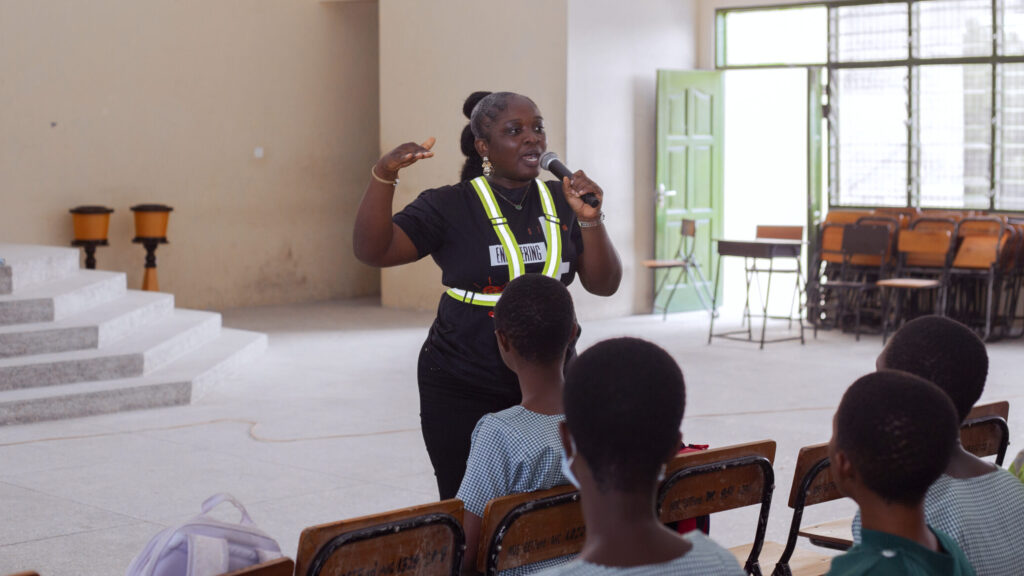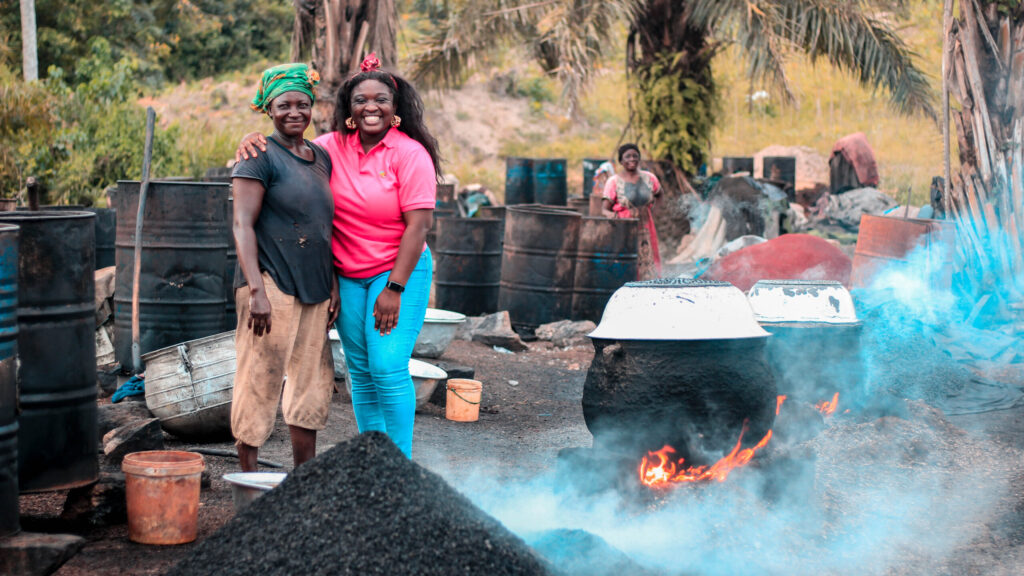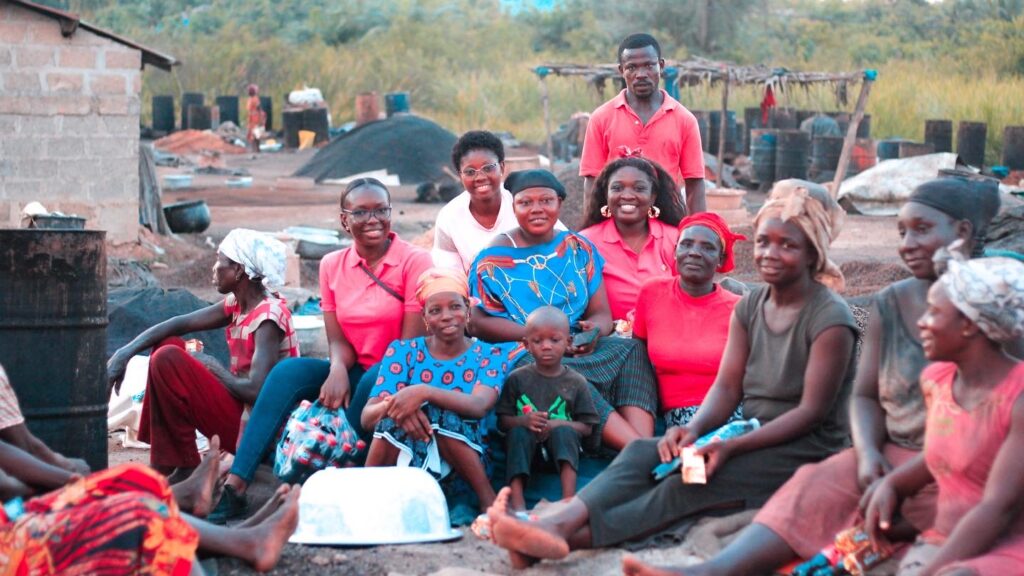Engineering Her Own Path – and Paving the Way for Others

Rejoice Ntiriwaa is an engineer, researcher, and lecturer at Cape Coast Technical University in Ghana, focusing on bioenergy, renewable energy systems design, and alternative cooking fuels. She received the Clean Cooking Alliance’s 2022 Women Leaders Award in the “Policy, Advocacy, and Research” category.
CCA interviewed Ntiriwaa about her experiences and what motivated her work.
This interview is part of a series showcasing women entrepreneurs in the clean cooking sector.
“The fact that a woman may gradually face her death while cooking for herself and her family did not sit well with me,” said Rejoice Ntiriwaa, recalling how some of the women in her family used to spend hours cooking over a smoky, wood-burning stove. She remembers her great-grandmother needing to undergo eye surgery to treat a cataract brought on by smoke exposure – and how much she, herself, detested the task of helping prepare the clay stove for use.
But, by her own admission, Ntiriwaa is not easily daunted by a challenge. She channeled her frustration with inadequate cooking technologies into a career of research and advocacy, focusing on climate change, clean energy, and the need for realistic and relevant clean cooking solutions. She is currently pursuing a Doctorate in Sustainable Energy Technologies at Kwame Nkrumah University of Science and Technology, where she studies the connections between clean energy access, environmental governance, and climate change.

On the advocacy side, Ntiriwaa has reached over 8,000 people in person and through social media, sharing messages about the importance of clean cooking, ecosystem restoration, and climate change. She has also worked hard to normalize the roles of women and girls in fields like science, technology, engineering, and math (STEM), having mentored over a thousand girls about their academic and professional choices.
On some level, Ntiriwaa is encouraged by Ghana’s efforts to expand access to clean cooking, such as the government’s recent distribution of 250,000 stoves thanks to a grant from the East-West Power Corporation, the Climate Change Centre, and the Government of South Korea in exchange for carbon offsets. However, she still sees obstacles in reaching communities who are most in need, either because they are not aware of clean cooking solutions, are not able to afford them, or because the cleaner options simply aren’t well suited to how people cook.

“Seventy percent of the dirty fuels in this country are used by small and medium-sized businesses that process food, yet they suffer attention deficit in the engineering design of efficient stoves,” Ntiriwaa said. “Our research team conducted a survey, and the results showed that the design characteristics, such as ergonomics, fuel neutrality, and ability to support the weight of meals, are among the primary factors influencing people’s choice of cooking energy. We need to fund regional research because different cultures and traditional foods call for different cooking techniques.”
Ntiriwaa is also keen to see more women involved in decision-making when it comes to designing and promoting clean cooking solutions. “Women make many cooking decisions at the household level, so empowering them to understand the clean cooking value chain improves their way of life,” she noted. “Collectively, their demand for stoves and fuels would begin to shift to cleaner options, forcing suppliers to think of new ways to meet end users’ needs. Their contribution is significant, regardless of where they are in the clean cooking value chain.”
